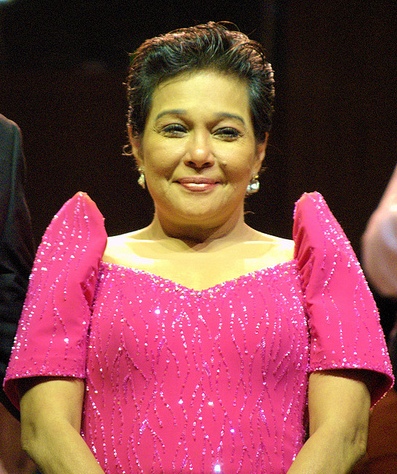Headline
Philippine president says honouring actress Aunor would send wrong message about drugs
MANILA, Philippines—The Philippine president defended his decision not to appoint award-winning actress Nora Aunor as a national artist, saying Tuesday that doing so would have sent the message that illegal drugs are acceptable.
President Benigno Aquino III told reporters he decided to exclude the actress, who rose from rags to stardom, from this year’s list of national artist appointees because of a previous drug conviction—which Aunor’s lawyer disputed.
Aquino’s explanation came a week after a controversy broke out over the decision, with several national artists and members of a committee that vets nominees expressing outrage. Some called for protests and for a review of the selection process.
“The National Artist honour is given because we want to say this person contributed a lot to the Filipino race and should be emulated,” Aquino said. “But my problem with that is …
Ms. Nora Aunor was convicted for drugs.”
He said he respects Aunor’s contributions to the film industry but does not “want to send a message that sometimes illegal drugs are acceptable; the message should be it is always bad and illegal.”
Aunor’s lawyer, Claire Navarro Espina, said the actress, who was then living in the United States, was arrested in 2005 at Los Angeles airport for a drug-related offence but was never convicted and the case was later dismissed. She said a bag in Aunor’s name which the actress did not pack was found to have a glass pipe that showed traces of methamphetamine. The actress was travelling with four assistants at the time. Espina said she was not aware of any other drug convictions.
The case was dismissed in 2007 after Aunor satisfied the terms of California’s drug diversion program and all her random drug tests were negative, Espina added. The diversion program provides education and treatment instead of jail time and a criminal record for alleged drug users.
Aunor, 61, came from an impoverished family in eastern Camarines Sur province and used to sell water in the train station in her hometown. She later won singing contests and began a movie career in the 1960s, winning dozens of best actress awards.
She has made nearly 200 movies, including many considered to be classics in Philippine cinema.






















